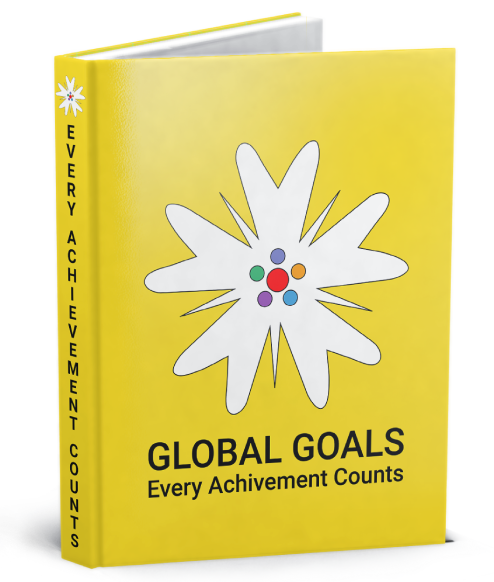Discover how AI in sustainable resource management is transforming industries, optimizing distribution, and supporting global goals. Learn how businesses can harness AI-driven solutions for a fairer, greener future.
The Future of AI in Sustainable Resource Management
As industries evolve to meet the demands of a growing global population, AI is emerging as a critical tool for building resilience, efficiency, and equity. From optimizing food distribution to managing clean energy networks, artificial intelligence is redefining how societies allocate and conserve their most valuable resources.
This article explores the role of AI in sustainable development, its challenges, and its potential to transform global goals into measurable realities.
Why AI Matters in Resource Management
Artificial Intelligence (AI) is no longer just about automation; it is about strategic resource allocation. Whether in healthcare, energy, or agriculture, AI ensures that available assets are used efficiently and distributed fairly.
Key Benefits of AI Resource Management
- Efficiency: AI minimizes waste by predicting needs in real-time.
- Equity: Resources can be distributed to underserved communities.
- Sustainability: Supports the long-term balance of environmental, social, and economic needs.
- Scalability: AI models adapt as populations and demands grow.
AI in Sustainable Resource Management Across Sectors
1. Food and Agriculture
AI-driven systems can predict crop yields, optimize irrigation, and reduce food waste. With precision farming, AI enhances productivity while minimizing environmental impact.
2. Energy and Clean Power
Smart grids powered by AI and blockchain ensure energy is allocated where it is most needed. This supports clean energy distribution, reduces blackouts, and promotes sustainability.
3. Healthcare Access
AI supports equitable health access by analyzing patient data, predicting outbreaks, and ensuring critical supplies reach vulnerable populations.
4. Urban Development and Smart Cities
AI optimizes public transportation, waste management, and water distribution. These smart city solutions make urban living more sustainable and inclusive. AI contributes to building sustainable communities through effective resource planning.
Challenges in AI Resource Management
While promising, AI faces challenges that need to be addressed for widespread adoption:
- Data Gaps: Without reliable, inclusive data, AI models risk bias.
- Ethical Concerns: Decisions must align with data ethics principles.
- Cost of Implementation: Developing nations may struggle with infrastructure.
- Trust and Transparency: Blockchain can enhance accountability in AI-driven systems.

Aligning AI Resource Management with Global Goals
The United Nations’ Sustainable Development Goals (SDGs) call for smarter solutions to global challenges. Articial intelligence aligns with these goals by enabling:
- Zero Hunger (SDG 2): Smarter farming and food distribution.
- Affordable & Clean Energy (SDG 7): Efficient energy grids.
- Good Health & Well-being (SDG 3): Improved access to healthcare resources.
- Sustainable Cities (SDG 11): Smarter, greener urban development.
By integrating AI with blockchain, connectivity, and data ethics (ABCDE framework), organizations can build future-ready systems for equitable resource distribution.
The Road Ahead: AI and Ethical Sustainability
The future of AI in sustainable resource management depends not only on technology but also on governance and ethics. Businesses, governments, and communities must collaborate to:
- Build transparent AI models.
- Ensure data inclusivity.
- Uphold ethical standards in decision-making.
- Foster innovation that prioritizes people and the planet.
Conclusion
The promise of AI resource management lies in its ability to turn limited resources into opportunities for sustainable growth. By aligning AI with global sustainability goals and ethical frameworks, we can bridge distribution gaps and redefine what wealth means in the 21st century.
The question is no longer whether AI will transform resource management, but how quickly we can implement these systems to create fairer, more sustainable communities worldwide.
Discover the full vision behind technologies that count—Global Goals: Every Achievement Counts, available on Amazon now!
